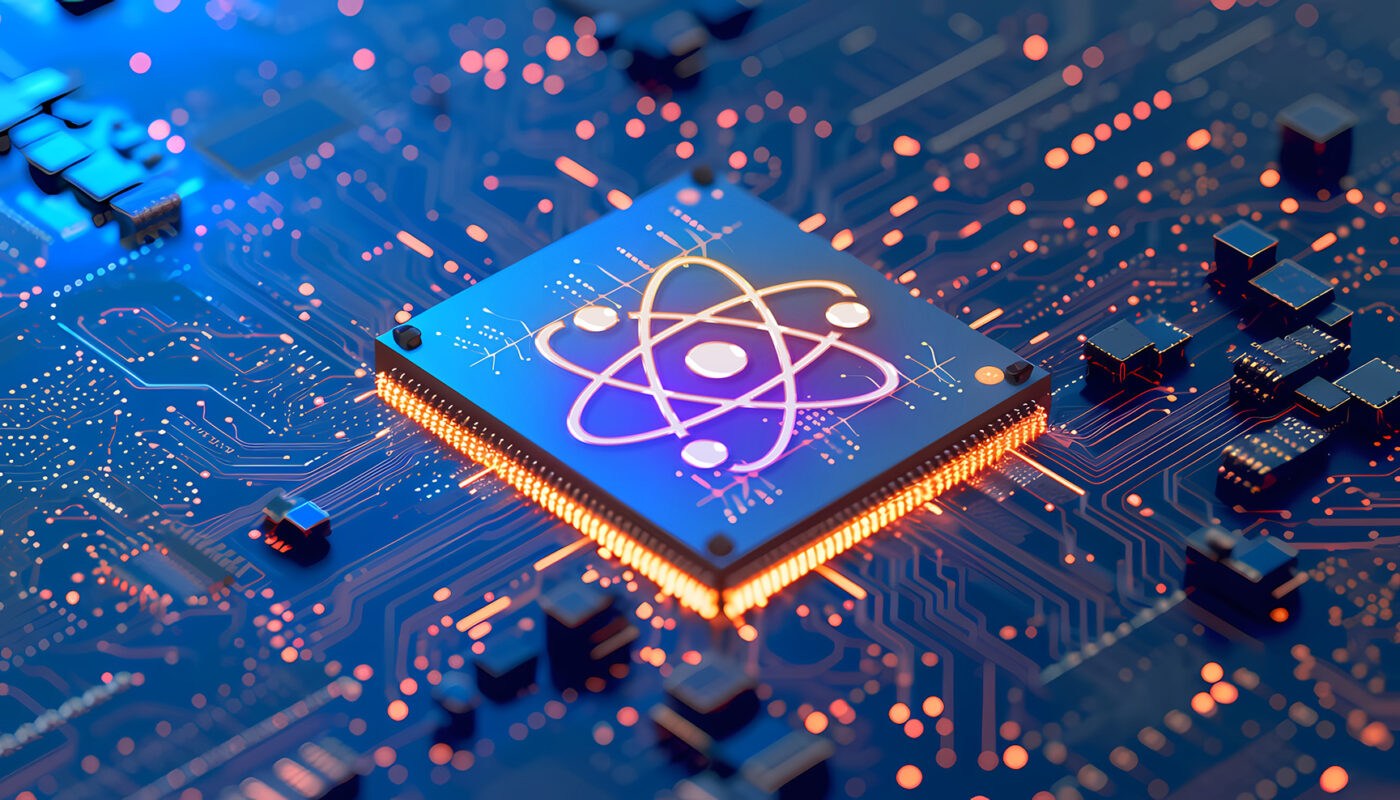Google’s announcement of Willow, a quantum chip that reduces error tendencies, shows progress in quantum computing. Willow can solve a problem in under five minutes, which would take one of today’s fastest supercomputers 10 septillion years to figure out. This is a big step toward the realization of quantum computing.
Google’s new chip, Willow, aims to revolutionize quantum computing by combining speed and accuracy, a feat that has been previously unattainable. The chip, which is 10,000,000,000,000,000,000,000,000 years old, is expected to revolutionize the field of quantum computing.
How Is Google Willow Different?
Google unveiled its latest quantum processor, Willow, in December 2024, aiming to revolutionize the field and make quantum computing a commercially viable tool, marking a significant leap forward in the field.
Quantum computing has made significant progress in terms of speed and accuracy, but the real breakthrough lies in its intended accuracy. The main challenge for quantum systems has been reliability, as adding more qubits can increase error-proneness. Willow’s design addresses this issue by addressing this issue.
Google reports that Willow’s use of more qubits leads to fewer errors. Researchers have shown exponential progress in reducing error rates as the system scales. They reduced error rates by half as they increased from a 3×3 grid to 5×5 and 7×7 grids.
Willow, a chip with advanced technology, has 105 qubits, twice as many as Google’s Sycamore chip. However, the quality of the qubits is crucial. Willow’s qubits have significantly improved retention times, or T1 times, by about five times, allowing them to hold information for longer, resulting in more stable and accurate qubits, significantly enhancing performance.
Willow & Commercially Viable Quantum Computing
Google Willow is a significant advancement in creating a quantum ecosystem capable of solving problems beyond classical computers. This progress opens up real-world applications, as quantum computers could break existing encryption, requiring stronger, quantum-resistant security systems.
Willow’s advancements in error correction could significantly benefit companies developing commercial quantum solutions, leading to smarter and more efficient artificial intelligence (AI). These advancements can also help model complex molecular interactions, speeding up breakthroughs in new drugs and advanced materials. This is only one of many positive developments.
Google is still limited by a fidelity improvement limit of two, regardless of the number of error-correcting bits used in its surface code. For better performance, the business intends to investigate more straightforward error correcting techniques.
The Current State of Quantum Computing
Quantum computing, despite being in its early stages, is gaining momentum. With aspirations to construct a 100,000-qubit system within ten years, IBM introduced Osprey, a 433-qubit computer, last year. Google aims for a million qubits by the end of the decade. Other key players include D-Wave Systems, IonQ, Rigetti Computing, Honeywell, Microsoft, and Intel, offering cloud-based quantum computing services.
The quantum computing market is predicted to grow significantly, reaching $6.5 billion by 2030, with a 32.1% compound annual growth rate. Venture capital funding for quantum computing surged by 700% between 2015 and 2023, with PsiQuantum, a 2016-founded startup, raising over $665 million and attracting major players like BlackRock and Microsoft.
The Bottom Line
Scientists face numerous challenges in developing large-scale quantum computers, with skeptics arguing it’s too early to anticipate their real-world applications. History provides a useful perspective, as artificial intelligence, introduced in the 1950s, took decades to see practical applications like speech recognition or image processing.
AI and quantum computing have transformed industries with advancements in hardware and algorithms. Businesses should consider how these technologies will drive digital investment, reshape industries, and spark innovation. Understanding quantum applications today is crucial for companies to capitalize on their potential over the next decade, even though it may not have a significant impact immediately.




